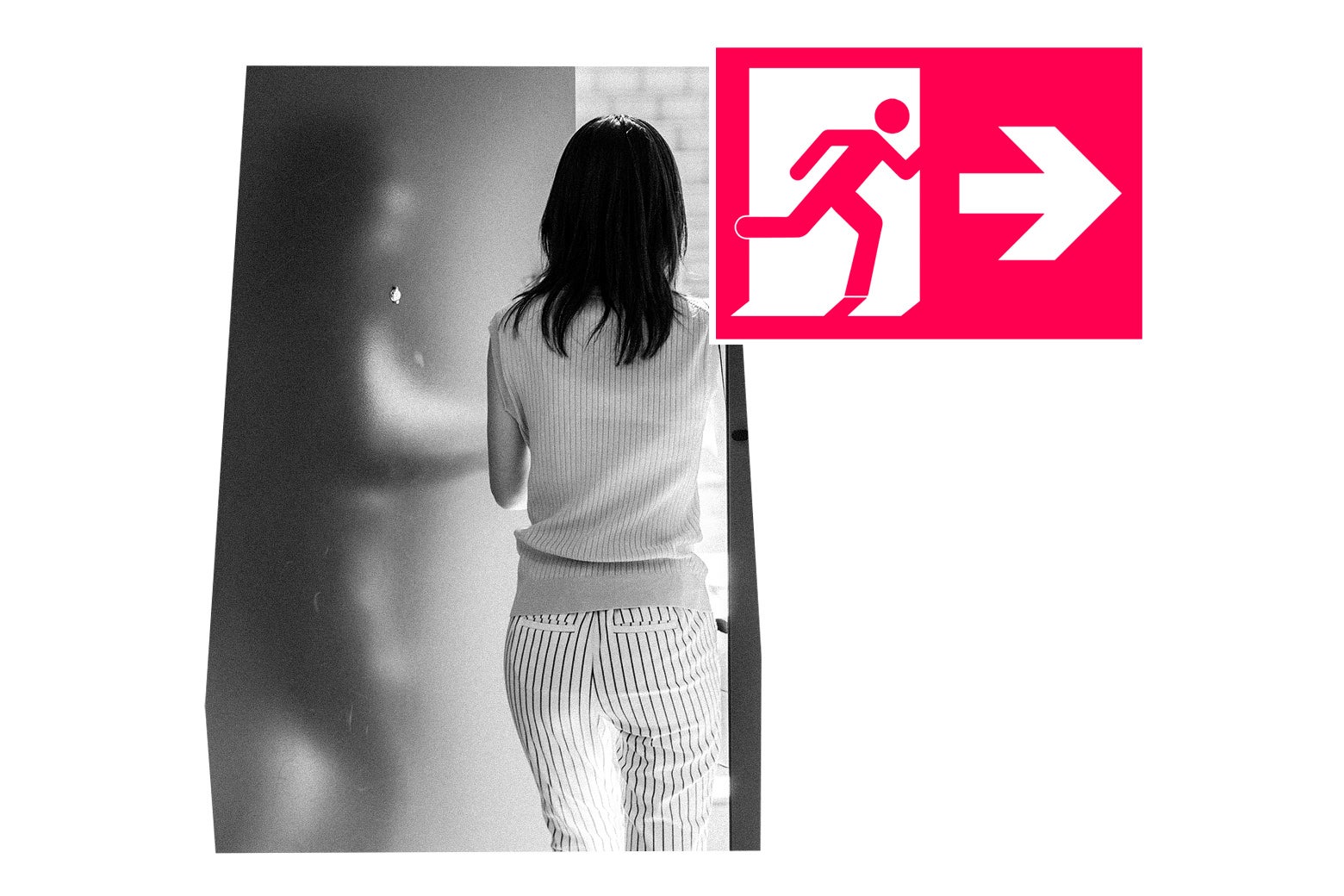
"Most of the time, she's fun, sexy, a great listener, and the center of a party. But when she says she wants to go home (from an event, from my place to hers, etc.), there's barely a 15-minute window before she throws a tantrum. When that window is up, she'll yawn constantly and totally check out of the conversation. She becomes short and detached. If we're at my place, she'll either stand up and leave mid-conversation or intentionally fall asleep while I'm talking."
"Dear It's Rude and Disrespectful, I need her to understand how selfish this is. She can't just unilaterally decide when we're both leaving a party, or opt out of conversations. Relationships take flexibility, and she doesn't have any if she's not getting her way. If she did this at work, she'd get fired, so why does she think it's OK to do it at home? Her friends make excuses for her, but I hate this. It's not OK."
"Anyway, I can't be 100 percent sure about what's going on with your girlfriend or whether it may have roots in an official medical condition, but it seems to me that she legitimately gets exhausted, and it comes on suddenly. Also, she knows this about herself and takes responsibility for handling it. She's not asking the DJ to turn the music down so she can take a nap when you're out or forcing you to put pajamas"
A partner reports that their girlfriend frequently withdraws from social interactions within about fifteen minutes of saying she wants to leave, yawning, checking out, leaving mid-conversation, or going home without apology. The partner perceives these actions as selfish and inflexible, equating them to unacceptable workplace behavior. The response rejects applying workplace standards to personal life and suggests the girlfriend may experience sudden exhaustion or an underlying medical issue. The girlfriend appears aware of the pattern and takes responsibility for managing it rather than demanding others change events. The dynamic causes relational strain and calls for communication and mutual understanding.
Read at Slate Magazine
Unable to calculate read time
Collection
[
|
...
]